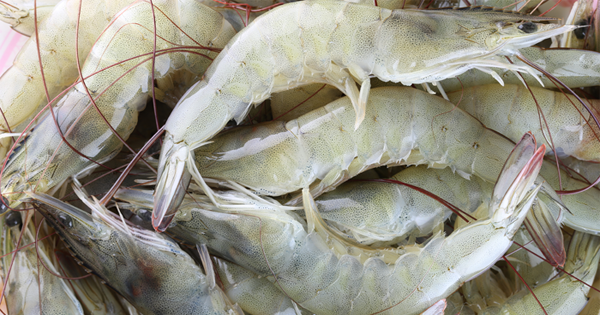Advertisement
It’s well known that seafood, particularly fish and shrimp, is greatly beneficial to our health.
Shrimp, in particular, is low in fat but very high in protein, making it a healthy choice to have in our diets. At the same time, shrimp also contains high concentrations of vitamin D, vitamin B12, and omega-3 fatty acids – all of which provide us with major health benefits.
Although shrimp is a healthy dietary choice, not all shrimp is created equal.
A lot of the shrimp being sold is actually incredibly unhealthy, but not because of the shrimp itself. These shrimp have been contaminated because of the way they were raised and harvested.
The demand for shrimp is continuing to rise with each passing year. To meet this growing demand, many shrimp farmers in Asian countries have begun to disregard healthy and safety regulations in favor of harvesting and shipping more shrimp to earn more money and better compete in the seafood industry.
Some shrimp farmers from Vietnam freeze their shrimp in water that’s considered unsanitary and unsafe for drinking.
Other shrimp farmers raise their shrimp in water that’s also used to tend to farm animals, like pigs. This causes bacteria to live and thrive in the water where the shrimp live, contaminating the shrimp.
This phenomenon isn’t limited to shrimp farming. A tilapia farm in China supplements its fish feed with pig and goose feces. Animal feces generally contain infectious microbes like salmonella, so when the seafood product is consumed by humans, there’s a high chance these microbes will also infect people.
Studies conducted by Consumer Report have revealed that farm-raised seafood contain significantly higher levels of antibiotics and bacteria than does wild-caught seafood.
The next time you’re purchasing shrimp from the supermarket, be sure to check the country where the product originated, and whether or not the shrimp was farm-bred or caught from the wild. Generally, wild-caught shrimp from the US or Argentina contain the lowest levels of bacteria.
Although these products will also be slightly more expensive, it’s perhaps more worthwhile to spend a couple extra dollars than get yourself ill.




